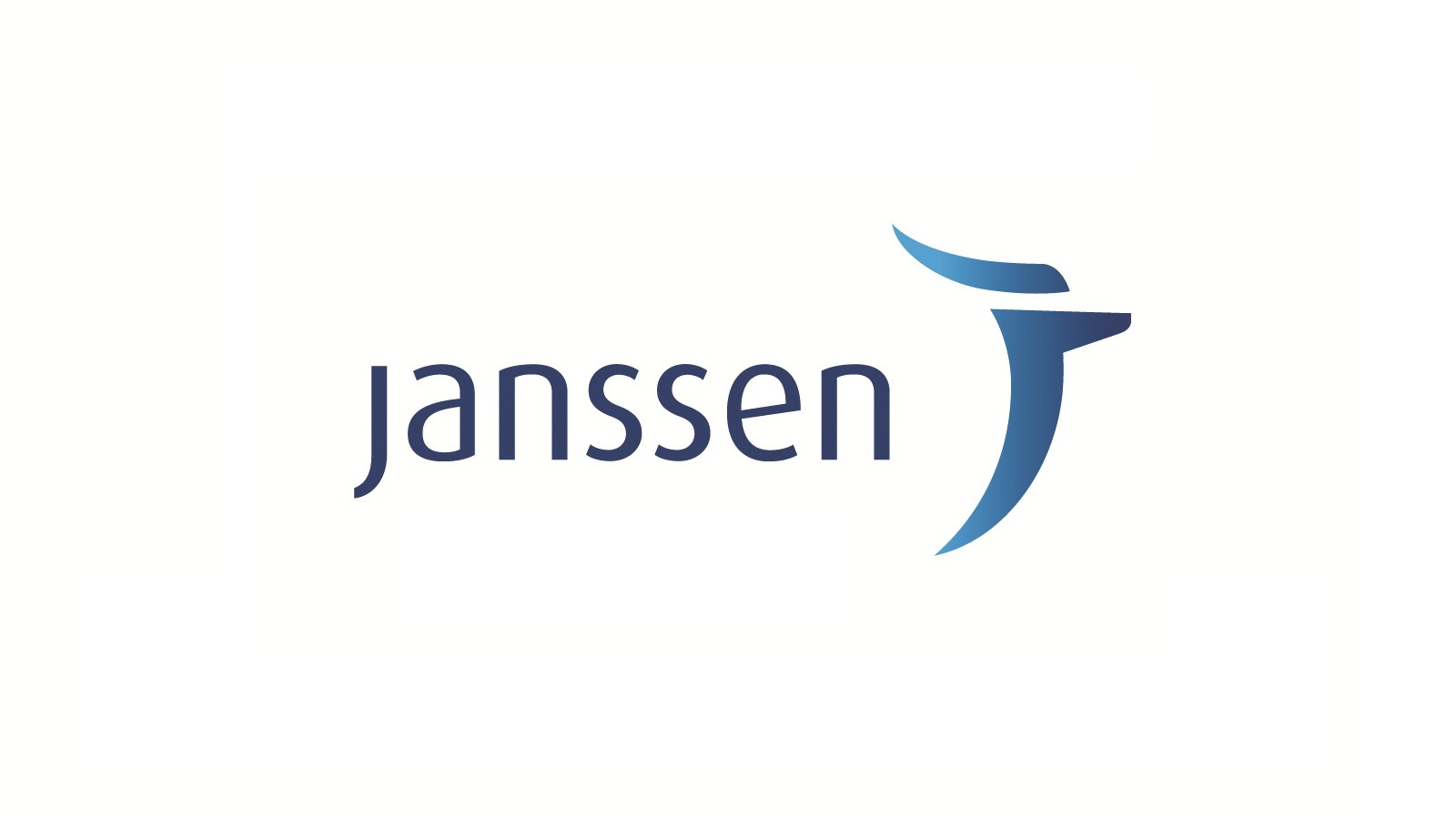NICE backs interim funding for Janssen cancer drug

NICE has recommended that Janssen’s Darzalex (daratumumab) should be reimbursed on an interim basis by the Cancer Drugs Fund in pre-treated multiple myeloma, after months of wrangling.
In a separate decision, NICE has asked Pfizer to submit a proposal for Cancer Drugs Fund (CDF) funding for its Xalkori (crizotinib) in certain patients with lung cancer.
Last March, NICE rejected Darzalex in its use in its third-line multiple myeloma use, although Janssen asked for it to be funded as a fourth-line treatment where it is likely to be most effective.
At list price, a course of treatment lasting on average 3.4 months costs almost £69,000 excluding administration costs – but the Johnson & Johnson unit has offered a discount where it offers the first five vials for free.
But NICE’s change of heart in final draft guidance followed further submissions from Janssen, which argued that there is a need for more well-tolerated treatment options once disease has progressed.
NICE also said that it was unsure about the clinical effectiveness of Darzalex, which seems to be far better at keeping patients alive than it is at stopping the disease from spreading.
One of the single-arm phase 2 trials (MMY2002) used to support the NICE submission showed median progression-free survival of 3.7 months, while another showed PFS of 6.2 months.
But overall survival was 18.6 months in MMY2002, and had not been reached in GEN501 as so many patients were still alive at the time data was captured.
Nevertheless NICE said that because of uncertainties in the data, Darzalex should be funded by the CDF until November 2020, when the guidance will be reviewed including any further data.
NICE estimates that around 705 patients a year will be eligible for treatment.

Janssen's Jennifer Lee
Jennifer Lee, director of health economics, market access and reimbursement and advocacy at Janssen-Cilag, said: “Janssen has an inherent commitment to providing innovative and life-extending treatments to patients, therefore we are delighted to be able to provide an extra line of therapy to patients and doctors across the UK.”
In Scotland, Darzalex is already available in fourth line after the Scottish Medicines Consortium separately recommended regular NHS funding in this use in October.
Xalkori
In a separate decision, NICE invited Pfizer to submit a proposal for its Xalkori to be funded by the CDF in ROS1-positive advanced non-small cell lung cancer, a newly discovered form of the disease that accounts for 2% of cases.
A lack of available options means this form of cancer is treated with cytotoxic chemotherapy with unpleasant side-effects, while Xalkori is taken orally and offers an improved quality of life.
Because this is a recently discovered subtype, evidence for Xalkori’s effectiveness is limited, and NICE rejected the drug in first draft guidance because of uncertainties over its cost-effectiveness based on a small single-arm trial of 53 patients.
But NICE noted advice from clinical experts that the median progression free survival figure of 19.8 months in the trial cohort was clinically meaningful as lung cancer patients treated with chemotherapy show PFS of five months in untreated disease, and three months in previously treated disease.
Overall survival data was absent, as so many of the patients on the trial were still alive at follow-up after 25.4 months.
NICE’s independent appraisal committee accepted Xalkori shows promise in this form of the disease, and asked for the proposal for CDF funding while further data is gathered. NICE already recommends Xalkori for ALK-positive lung cancer.












